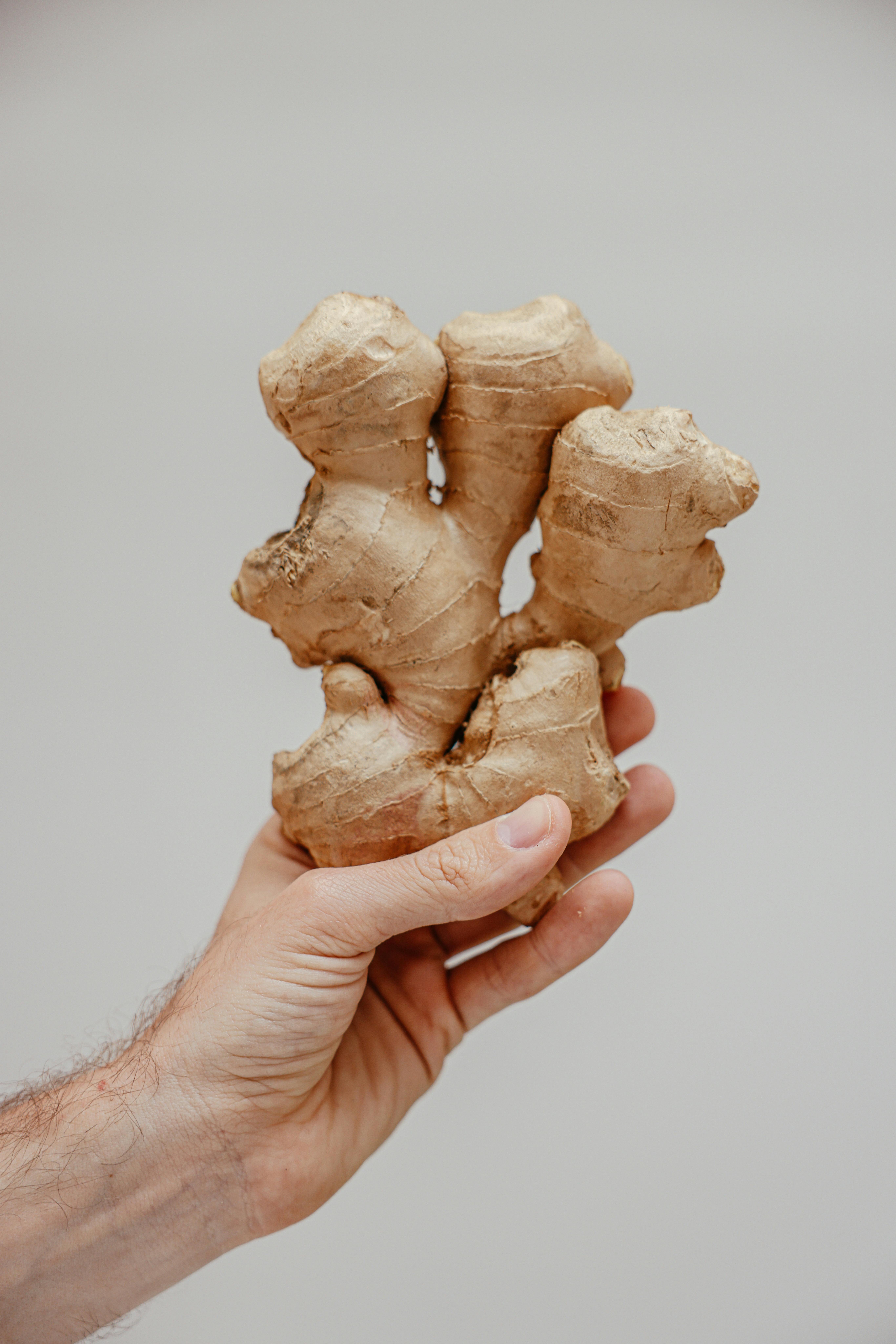
Practical Guide to Colostomy Diet Menus for 2025
Living with a colostomy can be a life-altering experience, but understanding the right dietary approaches can significantly enhance your quality of life. A colostomy diet primarily focuses on providing manageable, nutrient-rich food options tailored for digestive health. Achieving balance in your meal planning is crucial, not only for comfort but also for effective nutrient absorption post-surgery.
In this guide, we will explore essential colostomy dietary guidelines, discussing meal prep strategies, colostomy-friendly foods, hydration tips, and recipes. We aim to empower individuals with the knowledge to make informed meal choices that support their digestive health while enjoying a varied diet. Key takeaways include understanding colostomy nutrition, helpful cooking methods, and practical snack ideas that fit seamlessly into daily routines.
Let’s embark on this journey toward better dietary management and well-being post-colostomy.
Essential Colostomy Dietary Guidelines for Recovery
Following a colostomy, adhering to specific dietary guidelines can significantly impact one's recovery trajectory. These guidelines focus on promoting digestive health while helping to manage any symptoms that may arise from the surgery. Initially, transitioning to a low-residue diet is essential in the post-operative phase, as it allows for easier digestion and less bowel activity.
High-fiber diets can be reintroduced gradually as individuals begin to recover and their digestive systems adjust. This gradual reintroduction helps in improving overall gut health and functioning. Foods rich in fiber not only support bowel health but also can aid in preventing constipation, a common concern for colostomy patients.
Engaging with healthcare professionals about personalized dietary needs, such as restricting certain foods during adjustment periods, can also enhance recovery outcomes. Each individual’s needs may vary based on their unique condition, making adjustments vital for successful management.
High Fiber and Hydration: Key Components
Fiber intake plays a pivotal role in a colostomy diet, helping to regulate digestive function and enhance waste absorption. Foods such as whole grains, fruits, and vegetables—once tolerable—should be integrated gradually to avoid digestive complications. On the hydration side, consuming adequate fluids is crucial. Staying hydrated aids in digestion and can help manage stool consistency, minimizing discomfort.
Foods to Avoid After Colostomy
While many foods can benefit your diet, certain items should be avoided to prevent complications. These include high-fat foods, spicy meals, and excessive dairy products, all of which can lead to gastrointestinal discomfort. Additionally, carbonated drinks may contribute to gas, which can be a concern for individuals with colostomies. Instead, focus on natural, whole foods that provide essential nutrients without adverse effects on your digestive system.
Adapting Your Diet for Colostomy Life
Adapting to a new dietary regime may seem challenging at first, but it is essential for ongoing health management after a colostomy. Start by keeping a food diary to identify which foods work best and which might cause discomfort. Experimenting with small portions can help determine tolerable foods without overwhelming the digestive system.
Creating a Colostomy Meal Plan for Success
Structuring a balanced meal plan is integral for maintaining health and well-being after colostomy surgery. This includes not only focusing on the nutrients but also the timing and frequency of meals. Consuming smaller, more frequent meals can help manage digestive strain, making food easier to tolerate. Here’s how to effectively construct a colostomy meal plan.
Daily Meal Planning Strategies
When planning your daily meals, consider nutrient-dense foods that align with colostomy dietary guidelines. Include a variety of proteins—such as lean meats, legumes, and eggs—while ensuring ample intake of fruits and vegetables that are easy to digest. Also, consider adding healthy fats from sources like avocados or olives to enhance flavor and satiety.
Colostomy Recipes: Quick and Easy Meals
Incorporating delicious recipes into your colostomy meal plan can make your journey more enjoyable. Easy-to-digest recipes focusing on cooked vegetables, lean proteins, and soft grains can be both satisfying and nutritious. For example, incorporating blended soups, scrambled eggs with soft vegetables, and quinoa with a variety of proteins can provide balanced meals.
Meal Prep Essentials for Colostomy Patients
Meal prep is a valuable tool for those managing a colostomy diet. Preparing meals in advance can help minimize stress during the week, ensuring access to suitable meals when time is limited. By cooking in batches and using storage containers, individuals can tailor their food choices based on their own nutritional needs and preferences.

Colostomy Nutrition Tips: Enhancing Digestive Health
Managing a colostomy diet goes beyond merely choosing the right foods. It involves understanding how food affects the body and how to optimize nutrient intake for improved digestion. Engaging with nutritionists and dietitians can provide invaluable insights into crafting a diet that supports your needs.
Importance of Nutrient Dense Foods
Focusing on nutrient-dense foods is crucial for anyone with a colostomy. These foods not only provide the necessary vitamins and minerals but also contribute to energy levels and overall health. Incorporating beans, nuts, seeds, and whole grains as snacks can help meet nutritional requirements while being easy on the digestive system.
Common Digestive Issues and How to Manage Them
Digestive issues such as gas, bloating, and diarrhea can occur post-surgery. Understanding which foods contribute to these symptoms is essential. Maintaining a balanced diet and keeping track of food reactions can help in adjusting your meals appropriately. Probiotics may also play a supportive role by aiding digestion and enhancing gut health.
Colostomy Food Chart: Quick Reference Guide
To assist in daily meal choices, creating a colostomy food chart can provide quick reference points for food options that are gentle on the digestive system. Such a chart can categorize foods based on their digestibility, fiber content, and overall nutritional benefits, allowing for better planning and preparation.
Colostomy-Friendly Snacks and Beverages
Snacking can be part of a healthy colostomy diet when approached wisely. Choosing the right snacks can help maintain energy and support nutritional needs without causing digestive disruption. Here are some colostomy-friendly snack ideas that are both delicious and safe.
Quick Snack Ideas for Colostomy Patients
Opt for snacks that are easy to digest and high in nutrients, such as yogurt with mild fruits, nut butters on whole grain crackers, or soft vegetable sticks with hummus. Seasoned soft foods can also be a great choice for maintaining enjoyment while ensuring digestive safety.
Best Beverage Choices for Colostomy Diet
Hydration is critical, especially when managing a colostomy diet. Water is essential, but other beverages such as herbal teas, clear broths, and diluted fruit juices can also contribute to hydration. It is important to monitor how these beverages affect your digestive system, as some may lead to increased gas or discomfort.

Cooking Methods Tailored for Colostomy Needs
Utilizing the right cooking methods can significantly enhance the digestibility of foods. Steaming, baking, and slow-cooking can make foods softer and easier on the gastrointestinal tract. Avoiding frying and overly spicy seasonings can prevent gastrointestinal upset and make meals more palatable for those managing a colostomy diet.
Conclusion: Embracing a Healthy Colostomy Lifestyle
Adapting to a colostomy diet involves understanding your body’s needs and making informed food choices to promote digestive health. By embracing practical meal planning, focusing on nutrient density, and learning how to prepare colostomy-friendly foods, you can lead a fulfilling and healthy lifestyle.
Remember, it's essential to stay connected with healthcare providers and nutrition experts as you navigate this dietary journey. With the right information, support, and commitment to healthy habits, managing a colostomy diet can be a successful and enriching experience.
```